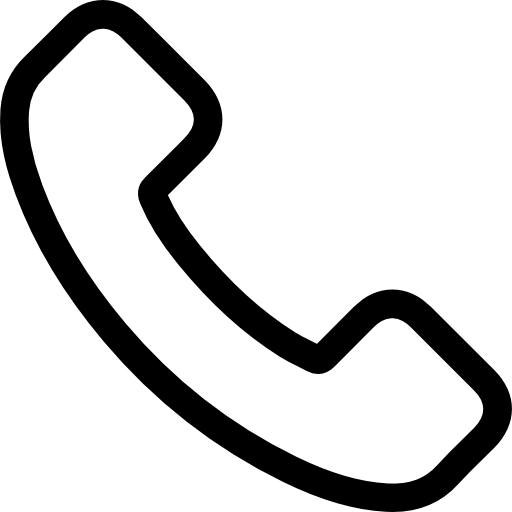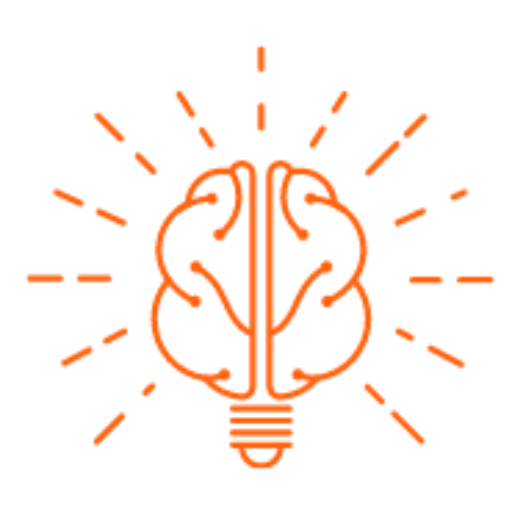Heroin Addiction
Heroin, an addictive opioid, is a major concern today. Knowing how to recognize signs of use and addiction, as well as understanding the side effects on the body and mind, is important. Seeking help for those struggling with addiction is crucial in reducing the harmful effects of this dangerous substance.
About Heroin Addiction
Perhaps infamous for its likelihood of addiction, heroin is a potent opioid drug without legal medical use. While heroin addiction rates are not as high as those of other opioids, current research suggests a growing number of individuals are becoming addicted to heroin in recent years.
Learn more about the signs of heroin addiction, the potential side effects of using heroin, and what you can do for yourself or a loved one who’s ready to conquer an addiction to heroin.
What Is Heroin?
Heroin is a powerful illicit drug known by street names such as “Black Tar,” “China White,” and “Smack.” It is typically injected but can also be abused by smoking, swallowing, or snorting the drug.
Heroin is an opiate (like morphine and fentanyl). It acts as a central nervous system depressant, meaning it can cause slowed, shallow breathing and a decreased heart rate, which often causes death in its users.
Heroin vs. Other Opioids
Heroin is an illegal opiate made from morphine, a derivative of opium poppy plants. While morphine is a legal prescription drug designed to treat extreme pain, heroin has no recognized medical use.
According to a report by the Substance Abuse and Mental Health Services Administration (SAMHSA), some heroin users start their habit after abusing prescription painkillers (i.e., oxycodone, hydrocodone, morphine).
Once a person develops tolerance after regular opioid use, eventually, their body needs more of the drug to feel any effects. And since heroin can be easier to acquire, some users turn to heroin to continue feeding their opioid dependence.
Another concern is the risk of heroin addicts switching to fentanyl, an even more potent opioid. Some users seek out fentanyl due to its potency (50-100 times stronger than morphine).
Others may ingest fentanyl without their knowledge, as many dealers have begun adding fentanyl to their products.
Effects of Heroin Abuse
Heroin works like any opiate: it binds to the opioid receptors of your brain. When heroin binds to these receptors, it can create feelings of euphoria, drowsiness, and pain relief. However, heroin can also create a strong physical dependence, ultimately leading to addiction.
Short-Term Effects of Heroin Use
Heroin is incredibly potent (2-5 times stronger than morphine), and heroin dependence can develop quickly. Deadly overdose is not uncommon and is possible even with short-term heroin abuse.
Other side effects from short-term heroin use include:
- Dry mouth
- Nausea/vomiting
- Constipation
- Itchy or warm sensations of the skin
- Brain fog
- Nodding off (i.e., switching in and out of consciousness)
Heroin addicts are also likely to develop substance use disorder and will require some form of treatment and medical intervention to overcome this addiction.
Long-Term Effects of Heroin Use
Abusing heroin over a long period increases the risk of overdose, causes additional health problems, and wreaks havoc over a person’s life in general.
Heroin addicts become more likely to take risks and make poor decisions, such as sharing needles, thus exposing them to Hepatitis B, Hepatitis C, and other bloodborne diseases like HIV/AIDS.
Additional long-term effects of heroin addiction can include:
- Kidney disease
- Collapsed arteries or veins
- Developing wounds or abscesses at needle sites
- Insomnia
- Heart problems, including infection
- Liver disease
- Mental disorders
Warning Signs of Heroin Addiction
Several indicators can suggest a person is abusing heroin.
Some warning signs of heroin abuse and addiction include:
- Drug paraphernalia (i.e., needles, syringes, spoons)
- Sudden or new issues with money
- Secretive behavior; self-isolation
- Physical signs of heroin use, such as trackmarks
- New friend groups (particularly those also inclined toward drug abuse)
Heroin Overdose
A heroin overdose typically causes slowed breathing, confusion, and unconsciousness.
Healthcare providers also point out that an overdose of heroin doesn’t always occur as a sudden event; sometimes, signs of opioid overdose can be observed even hours beforehand.
Other symptoms of a heroin overdose will include:
- Confusion or agitation
- The person may not make sense when speaking
- Drowsiness
- A blueish tint to the skin, especially around the eyes and mouth
- Vomiting or nausea
- Constricted pupils
- Stomach cramps
- Headaches
If you suspect a friend or loved one is experiencing a heroin overdose:
- Immediately call 911 and report the overdose
- Administer naloxone (such as NARCAN®) to reverse the overdose
- Turn the victim on their side to encourage normal breathing
- Stay with the victim until emergency help arrives
Heroin Addiction Treatment
Treatment for heroin addiction is available, and recovery is possible. If you or a loved one is struggling with heroin abuse or any addiction, the recovery process is similar to other types of drug use.
With the help and support of medical professionals, a heroin addict can achieve a drug-free life.
Medical Detox
A medical detox is often the first step in treating a heroin addiction. During medical detox, your body will adjust to a state of no longer having heroin in your system.
Heroin detox can occur at a facility or on an outpatient basis, depending on the severity of the addiction and the potential side effects you might experience as a result.
Heroin withdrawal symptoms include:
- Pain in the muscles; bone pain
- Trouble sleeping
- Diarrhea
- Vomiting
- Strong cravings for heroin
- Restless leg syndrome (sensations of uncontrollable leg movements)
- Cold flashes and goosebumps
While most symptoms of heroin withdrawal are NOT life-threatening, the early stages can be uncomfortable, so the risk for relapse is high.
The relapse itself is very dangerous, as individuals who quit the detox process and return to heroin abuse usually have already developed a lower tolerance for heroin; if they try to use the same amount they were used to, they have a high potential to overdose.
Therefore, before quitting heroin use, it is strongly recommended that you seek medical advice from your primary care doctor or a reputable addiction healthcare professional of some kind.
Medication-Assisted Treatment (MAT)
Many heroin users rely on Medication-Assisted Treatment (MAT) to help them safely detox from their heroin addiction. This treatment provides the user with a prescribed medication that will decrease the effects of withdrawals.
The most commonly used MAT drugs for heroin addiction include:
- Buprenorphine-naloxone
- Naltrexone
- Methadone
Of these listed medications, only methadone and buprenorphine-naloxone decrease withdrawals; however, all three have been shown in studies to reduce cravings. (The naltrexone does nothing for withdrawal symptoms but does reduce cravings.)
Heroin Rehab Programs
For many individuals addicted to heroin, entering some heroin rehab program is usually recommended due to the intense nature of this addiction.
The heroin rehab program you need will depend on multiple factors, including:
- Length of the heroin addiction
- Any additional drugs being used (i.e., polydrug use)
- Previous substance abuse history (including any previous rehab participation)
An inpatient rehab program is a residential facility where the addict will live for 1-6 months and receive treatment 24/7. Inpatient rehabilitation includes detox support and behavioral therapy to assist with getting sober and continuing on that path.
Doctors often recommend residential inpatient drug rehab programs for heroin addiction issues that require constant monitoring.
Alternatively, a Partial Hospitalization Program (PHP) allows patients to visit a treatment center for intense care without requiring residency. A PHP focuses on improving both the behavioral health of the addict as well as their physical health.
Finally, an Intensive Outpatient Program (IOP) offers the lowest intensity of care, usually involving a 15-20 hour weekly commitment (or less). The recovering heroin addict will receive support in the form of therapy alongside additional assessments and treatment to manage their addiction.
 Call us:(+233) 0531380360
Call us:(+233) 0531380360  Email
Email 